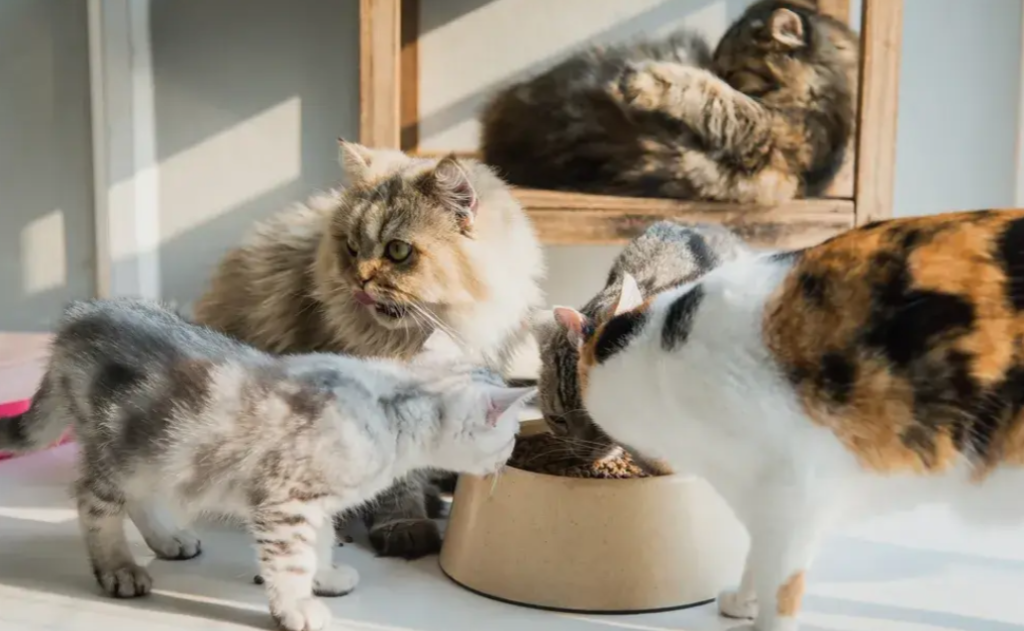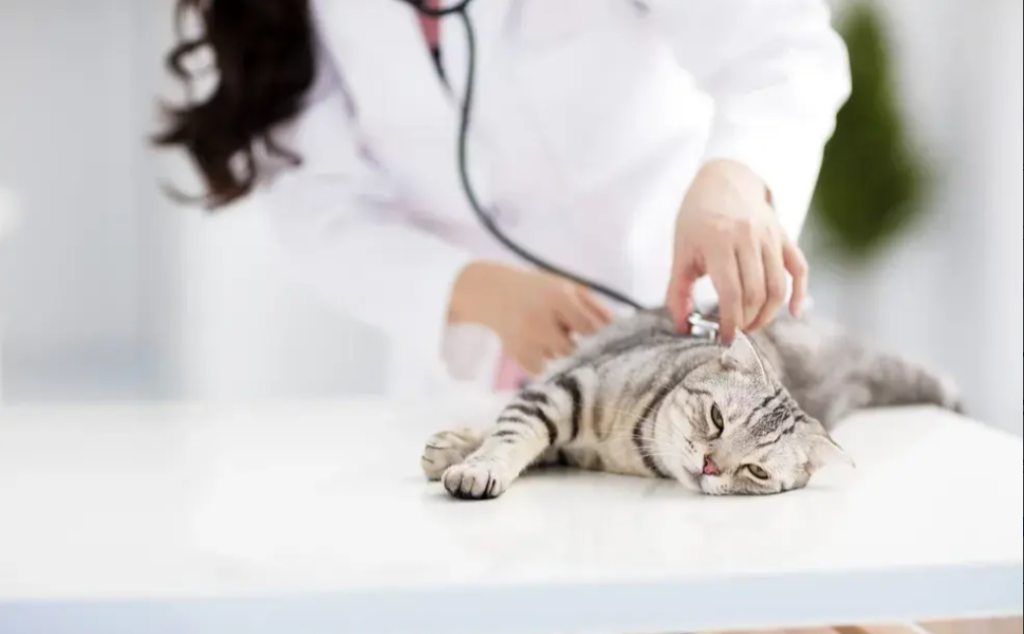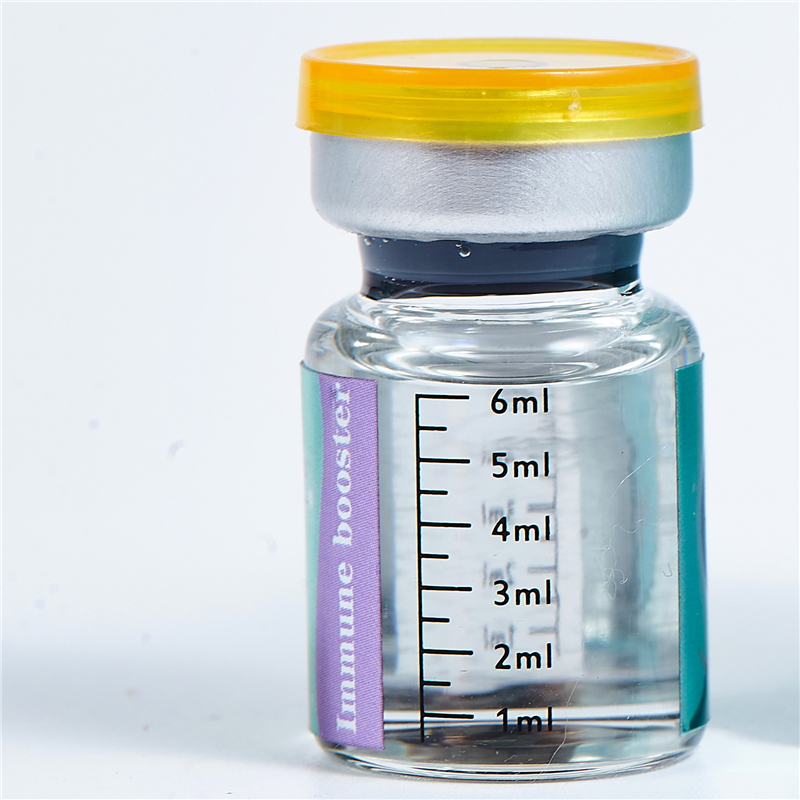Feline infectious peritonitis (FIP) is a chronic, progressive, and fatal infectious disease caused by feline coronavirus infection. Many cats are born with coronavirus, but they do not necessarily develop the disease. Once stimulated by certain specific conditions, they may develop feline infectious peritonitis. An outbreak may occur.
The following are possible causes of feline infectious peritonitis:
Immune system problems: FIP is usually caused by a problem with your cat’s immune system. When a cat’s immune system is suppressed or compromised, the virus may take advantage of the situation and multiply in the body, causing feline infectious peritonitis.
Genetic factors: Certain breeds of cats are at a higher risk of feline infectious peritonitis, such as Siamese cats, Birman cats, Ragdolls, etc. This may have something to do with the genetics of these breeds of cats.
Environmental factors: Environmental factors may also contribute to the development of feline infectious peritonitis. For example, cats living in a multi-cat environment and coming into contact with virus-contaminated items or water sources may increase the risk of feline coronavirus infection.

Age factor: FIP usually occurs in older cats, especially senior cats. This may be because cats’ immune systems gradually decline as they age, increasing their risk of contracting viruses.
You can prevent feline infectious peritonitis FIP from the following points:
Vaccination: Vaccinating cats is one of the important measures to prevent feline transmission. Vaccines can help improve your cat’s immunity and reduce the risk of contracting feline coronavirus.
Provide a clean living environment: Keep cats’ living environment clean and sanitary, and regularly clean cat litter boxes, cat litter boxes, food utensils, etc. to reduce the spread of viruses.
Avoid overcrowding: Avoid having too many cats living together as overcrowding may increase the risk of virus transmission.
Regular check-ups: Take your cat to the veterinarian for regular check-ups to detect and treat any potential health problems.

Pay Attention to Diet and Nutrition: Provide high-quality cat food to ensure your cat gets enough nutrients to maintain a healthy immune system.
Avoid Stress: Reduce stress in your cat, as stress may weaken your cat’s immune system and increase the risk of infection.
Quarantine a new cat: If you introduce a new cat into the household, it’s a good idea to quarantine it for a period of time to make sure it’s not carrying the virus.
It should be noted that the specific cause of FIP has not been fully understood, and there may be other factors that contribute to the occurrence of the disease. If your cat has symptoms of feline infectious peritonitis, you can use GS-441524, a specific drug for the treatment of feline infectious peritonitis. This drug can inhibit the recurrence of abdominally transmitted viruses and has a high cure rate. Finally, it is recommended to consult a veterinarian promptly for final diagnosis and treatment.
